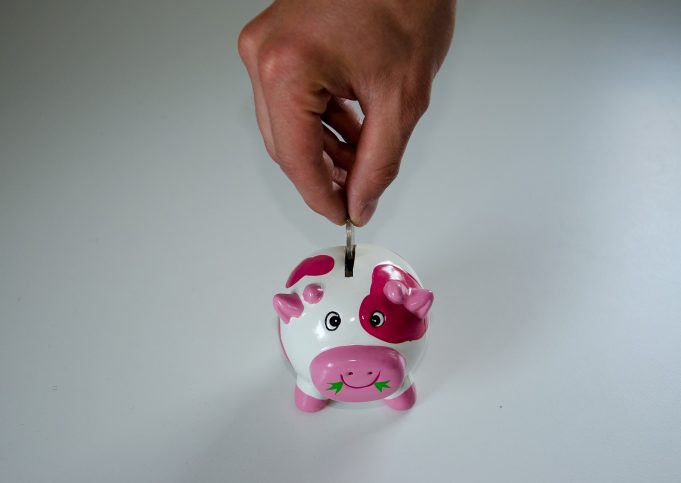Did you know that 52% of people in the UK have no idea what they last bought on their credit card?
When you have no idea of your outgoings, it can be hard to save money and maximize the use of every pound.
To keep your finances in check, you can create a monthly budget. That way, you’ll know how much you have left to treat yourself after all your expenses are paid.
Here are our top budget tips to keep on top of your finances.
1. Set a Budget
If you know exactly what you’re spending, it’s much easier to save money.
Write down how much you will earn that month, and then put down your fixed outgoings such as rent, bills, and food.
Then you can plan 30% of what’s left to spend on things you want, and the other 20% can go to your savings.
Knowing exactly how much you have to spend on fun things for the month will help you feel less anxious about overspending or getting into debt.
2. Make a Meal Plan
Food is one of our biggest outgoings. According to the Office For National Statistics, we spend more than £100 a week on groceries and eating out.
On a tight budget for food? Then make a plan. If you plan out what you’re going to eat for the week, you can go to the supermarket and buy everything in bulk.
You can also freeze food to save money and minimize your food wastage. All this will help you to reduce impulse buys or overspending on unnecessary food items.
3. Change Your Energy Supply
Ever wondered why you have such high energy bills? Have you thought about switching suppliers?
Did you know that making your home more energy-efficient can significantly reduce your bills?
Take a look at how much you are currently spending on gas and electricity. Then compare it with the cost of more energy-efficient options. You’ll see the potential for significant savings.
4. Use a Tool to Keep Track of Your Finances
Writing everything down on a piece of paper is a bit old school. Why not download an app to help you keep track of your spending.
Every time you spend something, you can record it in the app, so you know exactly how much you have for the rest of the month.
Apps often helpfully visualize and categorize your incoming and outgoings, so you have a clear overview.
5. Have Some Frugal Fun
Not all leisure activities need to be expensive. If you want to save some money on your entertainment budget, why not do some free activities?
Check what’s happening in your local community; there may be some free events you can attend. Organize a picnic with friends, or get out for a walk in nature. Often the most rewarding things in life are free!
Have a Plan
Use this financial guide for inspiration to get your finances in order. You can then decide how much you want to save each month or how much of your debt you want to pay off.
Stressing about money doesn’t need to take over your life. With some clear, simple actions and a plan, you can turn your financial life around.
Here are some other ways you can make your home more efficient to save money.














